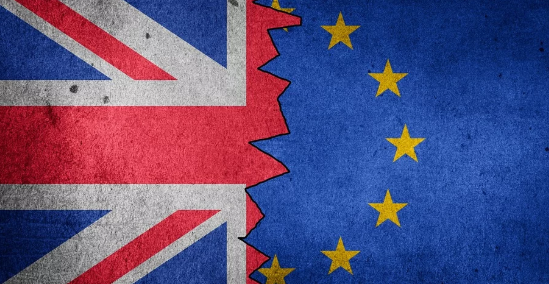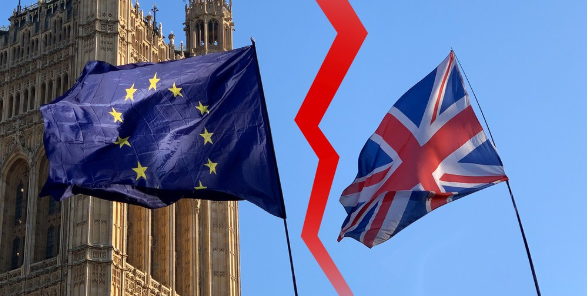A somber feeling is spreading among Germany’s elites, as the long-term implications of Brexit sink in. Of the European Union’s 27 member states, Ireland obviously has the most to fear from the U.K.’s departure. But Germany may be second. That’s because Brexit changes not only the remaining EU but also Germany’s role within it — and in ways the Germans have for half a century been trying to avoid.
European integration, starting in the 1950s, was for West Germany a way of atoning for its own nationalist and belligerent past. Its citizens were eager to subsume part of their identity in a “post-nationalist,” rules-based, non-militarist and largely mercantile entity, in return for being accepted again by their neighbors. Occupied by three of the Allied Powers, they didn’t have full national sovereignty, so they didn’t worry about ceding more of it to Brussels.
To move this European project forward, the Germans relied on different kinds of support from the Allies. To build the structures that later became the EU, they needed France. The French, however, especially under President Charles de Gaulle, saw “Europe” differently: as reconciliation with Germany, yes, but also as a new vector to project French power, the better to keep the mightier “Anglo-Saxons” at bay.
Read more: Bloomberg






































